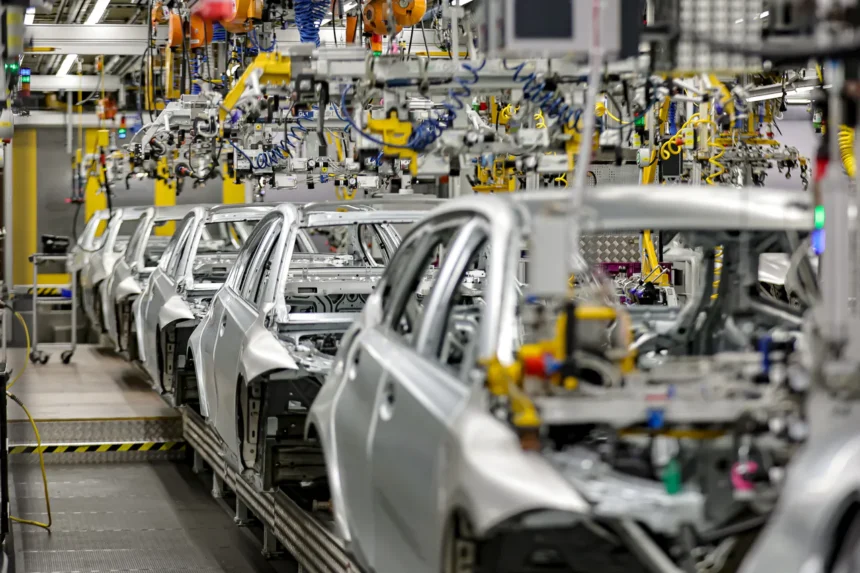India’s auto component manufacturers are urging the government to implement a national strategy to ensure the secure and uninterrupted supply of critical raw materials, particularly rare-earth magnets, vital for electric vehicle (EV) production. This appeal follows recent export restrictions imposed by China, which dominates the global supply of rare-earth elements, raising concerns about long-term supply chain vulnerabilities.
Sradha Suri Marwah, President of the Automotive Component Manufacturers Association of India (ACMA), highlighted that while India has natural reserves of some of these rare materials, the country lacks sufficient refining and processing infrastructure to make use of them.
She emphasized that building such capabilities domestically is essential for reducing import dependence and achieving self-sufficiency in the EV value chain.
ACMA and industry players are pushing for a comprehensive national roadmap that includes:
- Incentives for domestic processing and manufacturing of rare-earth materials
- Strategic buffer-stocking mechanisms to manage global supply shocks
- Diversification of import sources beyond China
- Investment in R&D for alternative technologies and substitutes to rare-earth elements
The demand for EVs in India continues to grow rapidly, increasing pressure on the components ecosystem to scale up responsibly. The rare-earth supply concerns are particularly critical for components like electric motors, sensors, and battery systems, which are central to EV performance.
Despite these challenges, the auto parts industry saw robust growth in FY25, achieving $80.2 billion in revenue, a 10% increase from the previous year. Exports also rose, and a trade surplus of $453 million was recorded, showing positive momentum in the sector.
However, industry leaders warn that the continued dependency on Chinese exports could become a serious bottleneck. They stress the need for urgent government intervention, not only to secure raw material access but also to ensure the long-term competitiveness of India’s EV sector in the global market.




